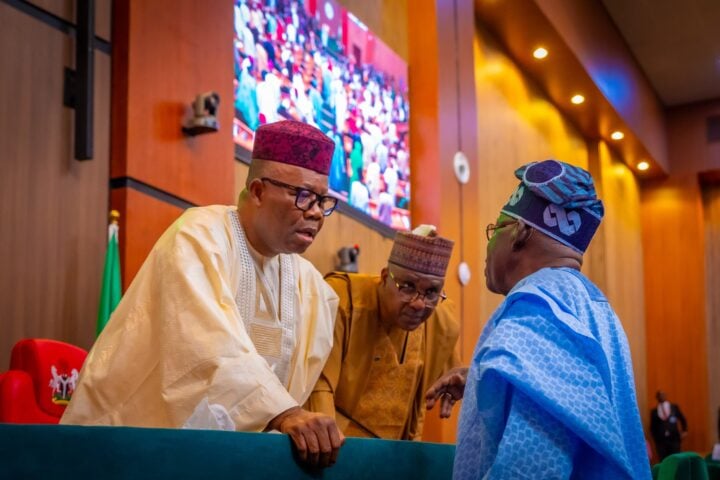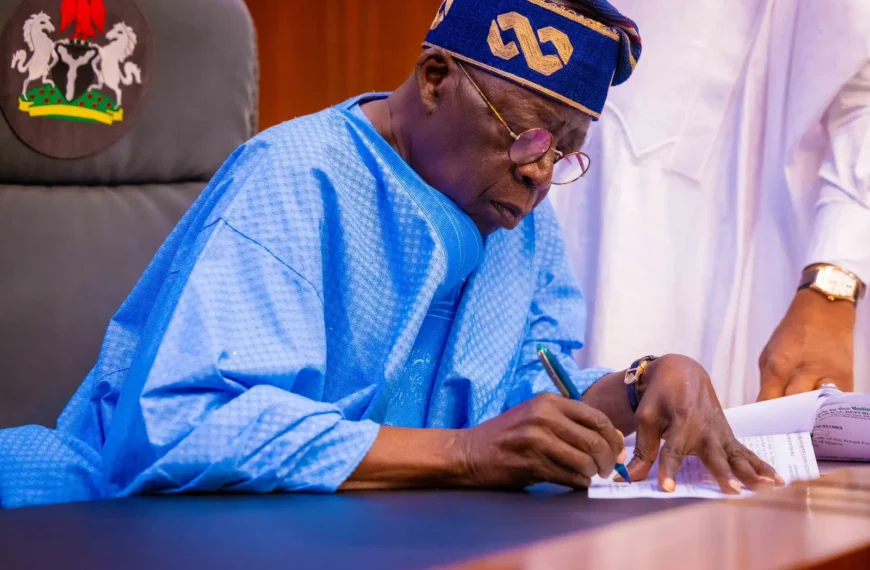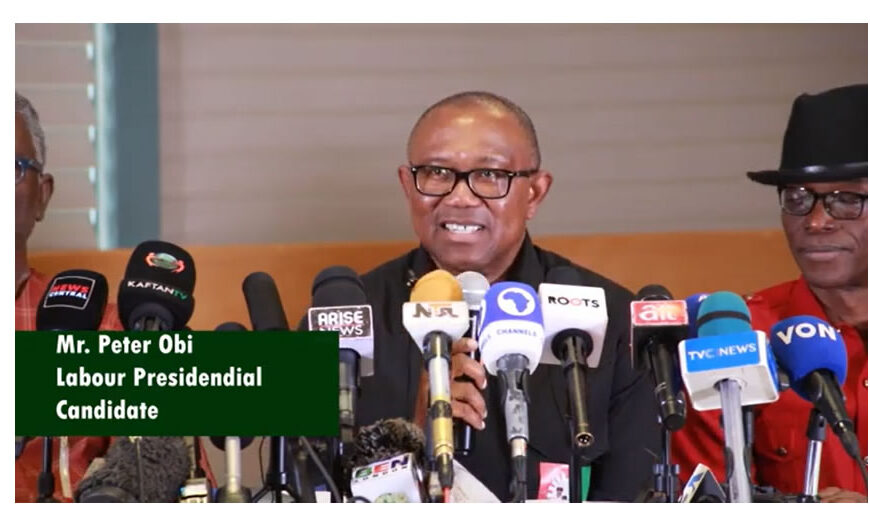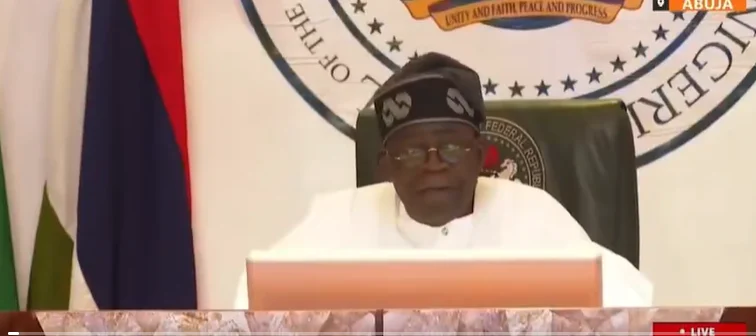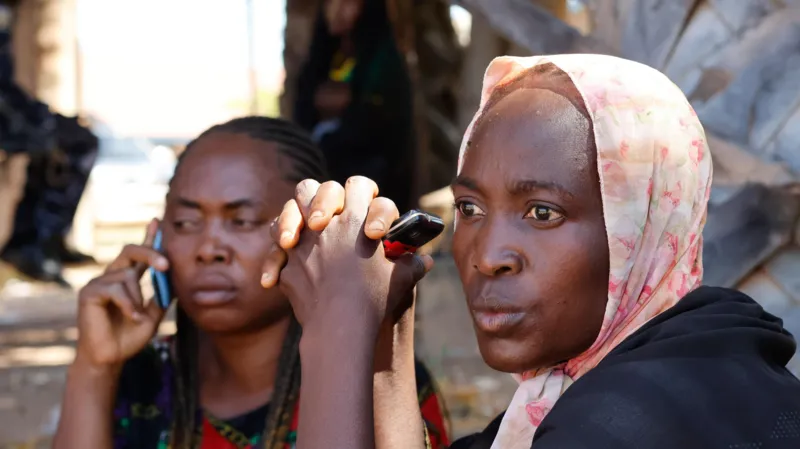President Bola Ahmed Tinubu has officially lifted the state of emergency in Rivers State, marking the end of a six-month federal intervention in the region’s governance. The decision was announced in Abuja on Wednesday, September 18, and is seen as a major turning point in the political crisis that had gripped the oil-rich state since early 2025.
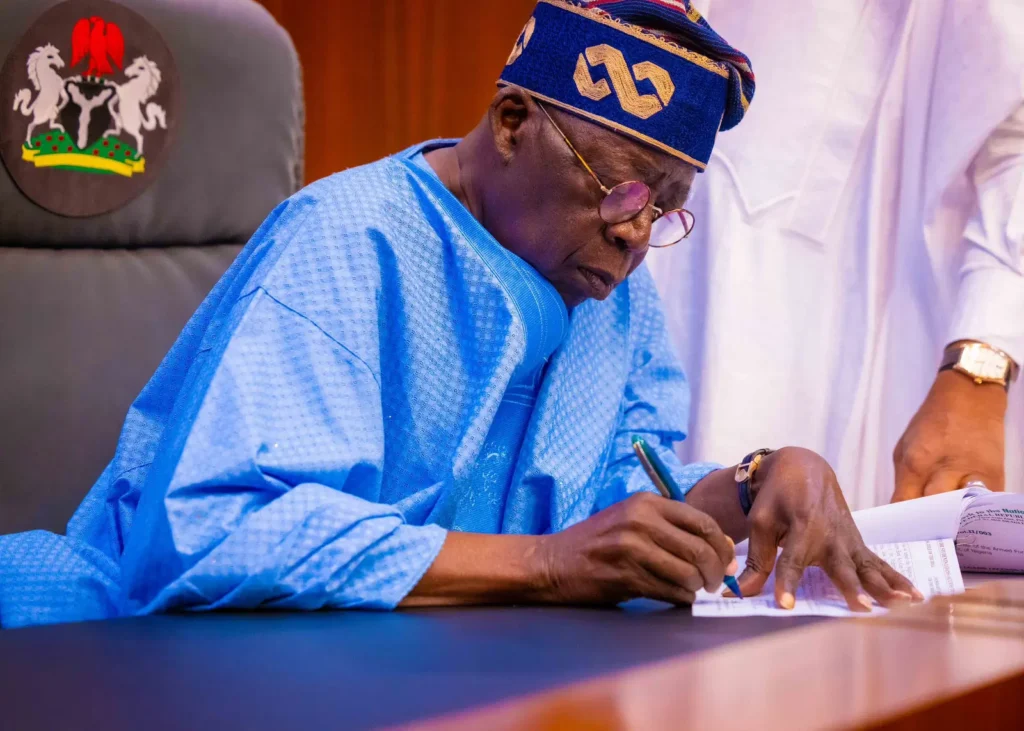
Background
The state of emergency was declared in March 2025 following months of intense political conflict between Governor Siminalayi Fubara and the Rivers State House of Assembly. The crisis, which included a failed impeachment attempt, contested budget approvals, and breakdown in executive-legislative relations, spiraled into violence and administrative gridlock.
Citing constitutional authority under Section 305 of the 1999 Constitution, President Tinubu suspended the state’s democratic institutions — including the governor, deputy governor, and the House of Assembly — and appointed retired Chief of Naval Staff, Vice Admiral Ibok-Ete Ibas, as Sole Administrator of Rivers State.
Emergency Rule Ends
In a statement from the Presidency, Tinubu said the emergency rule had “achieved its objectives” of restoring calm, preventing further deterioration of law and order, and laying the foundation for political reconciliation. With the lifting of the emergency order, all previously suspended institutions have been reinstated.
Governor Fubara is expected to return to office immediately, alongside his deputy and members of the House of Assembly. The Presidency emphasized the need for all actors in the state to work collaboratively to maintain peace and ensure that governance and public service delivery resume without disruption.
Reactions
Reactions to the announcement have been mixed. Supporters of Governor Fubara welcomed the decision, describing it as a “restoration of democracy and the people’s mandate.” Civil society organisations also praised the move, urging all political actors to put the interest of the people first.
However, critics argue that the imposition of emergency rule set a dangerous precedent and undermined democratic institutions. Legal experts have raised questions about the constitutionality of replacing elected officials with an appointed administrator, and some have called for judicial review of the entire intervention.
Focus Shifts to Accountability
With the return of democratic governance, the Rivers State House of Assembly has already signaled its intention to probe the Ibas administration. Lawmakers are demanding full disclosure of all financial transactions, contracts, and executive actions taken during the six-month emergency period.
Observers say this could lead to further political drama, but also present an opportunity for transparency and institutional reform. Governor Fubara, who was previously at odds with the legislature, now faces the task of rebuilding trust and stabilising the state’s political environment.
A Cautionary Tale
The Rivers crisis and subsequent emergency rule have drawn national and international attention, highlighting the fragility of subnational governance in Nigeria. Many analysts view the resolution as a chance for Rivers State to reset its political landscape and for other states to learn the importance of conflict resolution through dialogue, not federal intervention.
Conclusion
President Tinubu’s decision to end the state of emergency in Rivers State marks a new chapter in the state’s governance. While normalcy may be returning, the months ahead will test the resilience of its political institutions and the willingness of its leaders to govern in the interest of the people. The nation will be watching closely.


